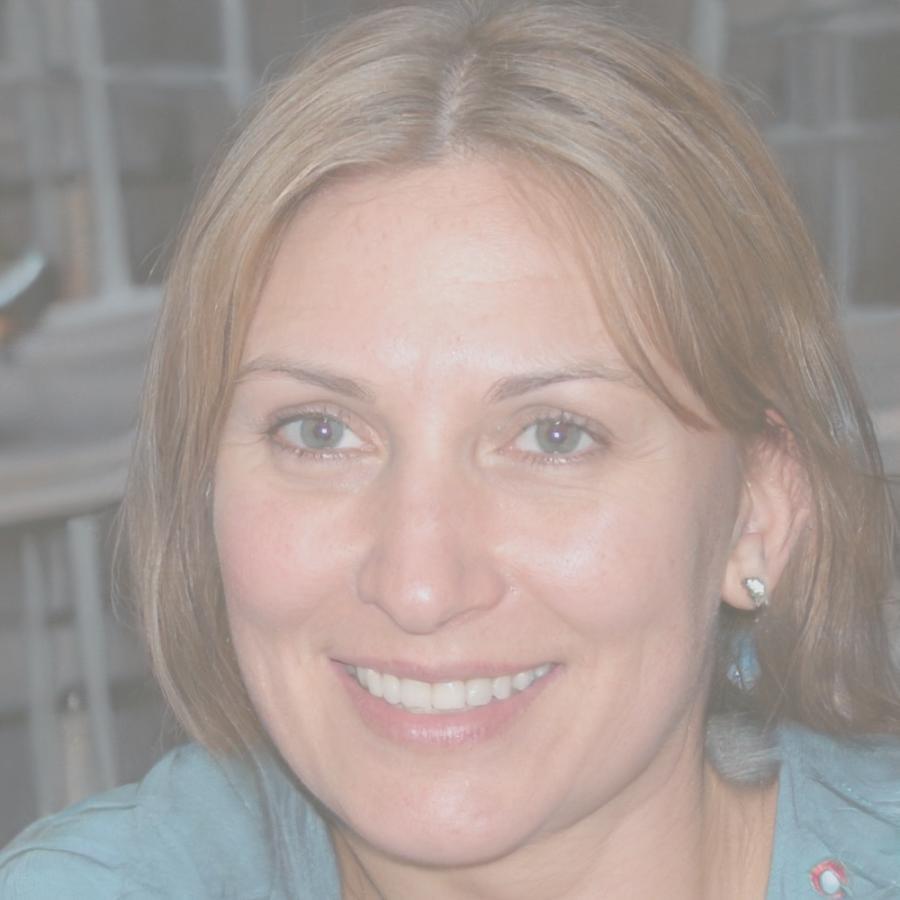From Reactive To Strategic
The Problem Nobody Talks About
Marina's company was doing fine on paper. They had clients, steady work, even some savings. But she spent every Sunday night worrying about money. Not because they were broke—because she had no idea if they were making smart decisions.
"We'd argue about whether to upgrade our servers or hire another developer. Both seemed important. Both seemed risky. We had no framework for choosing."
What The Workshop Actually Taught
Marina expected accounting basics. What she got was strategic thinking. The program focused on connecting expenses to outcomes. Every cost had to answer one question: what does this enable us to do?
By the end of the eight-week program in late 2024, Marina's team had rebuilt their entire approach. They weren't spending less—they were spending with intention.
The Real Results
Six months later, Marina's team makes financial decisions in hours, not weeks. They have clear criteria for what's worth the money. They killed three subscriptions that seemed essential but weren't. They doubled their training budget because they could prove it mattered.
"We still have tough calls. But now we have a way to work through them that doesn't feel like guessing or politics. Just looking at what we're trying to accomplish and what resources we need to get there."
Next cohort starts September 2025. Limited to 12 participants so everyone gets real feedback on their actual situation.
Ask About Availability


